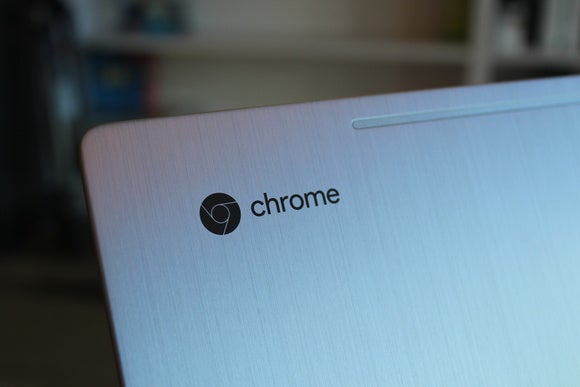When PC sales are struggling, hardware makers try to find something else to make money on. The latest bet is the Android-capable Chromebook, a bandwagon that Samsung recently jumped on.
Some years ago, hardware makers bet on netbooks, underpowered laptops that were briefly media darlings. Then came a variety of ill-fated tablets, from the Microsoft Surface RT to the HP TouchPad. Touchscreen laptops and 2-in-1 hybrids got only mild traction, usually too replace an aging laptop that was on the way out anyhow. Customers bought iPads, Macs, and smartphones instead, and today they’re not buying iPads nor Macs as much. (They are buying some tabtops, notably Microsoft’s Surface Pro, but still not in enough volumes to move markets.)
The Chromebooks from Samsung illustrate why Android Chromebooks are likely to fade away, not fill in for the declining PC.
I’m sure the hardware will be good—Samsung usually produces top-notch hardware. But Chrome OS doesn’t need top-notch hardware. In fact, it’s designed to use inexpensive components, mainly because Chrome OS is so dependent on the internet that the network becomes the performance limiter, and fast processors, powerful graphics co-processors, speedy solid-state drives, and so on do you no good.
Basically, Chromebooks can’t take advantage of them, so you’re only wasting money. It’s true that many Chromebooks chintz out on some key hardware—the trackpad and keyboard are often poorly responsive—to meet the poverty-level budgets of Chrome OS’s largest constituency: schools. But for $15 or so more, the Chromebook manufacturers could solve that issue. Faster processing, storage, and so on would still be wasted on Chrome OS.
Android won’t solve the internet’s inherent performance limitation for Chromebooks. That’s because Android is a fairly lightweight operating system, designed for mobile processors. As a result, Android apps are not likely to tax today’s Chromebook hardware; I certainly didn’t feel any slowdown (outside of internet-caused latency) in Android apps when running Android on a low-end Asus Chromebook R11.
A Chromebook with a decent keyboard and trackpad would run Android just fine—but these kinds of $500 laptops don’t provide the margin that Samsung, Asus, Acer, HP, and Dell all want. (That’s why the PC market has moved steadily to pricier laptops modeled on Apple’s MacBooks: Get the most profit you can on the smaller number of sales.)
Even then, why bother? Today, the availability of Android apps for Android-on-Chome OS is poor, but let’s say that improves. You now have an Android tablet with a permanently attached keyboard. Why not get an Android tablet like Google’s excellent Pixel-C in the first place?
The fact is that Android tablets have not sold well outside of e-reader and gaming uses. They’re not replacing laptops. Apple’s iPad tablets seemed to displace laptops in their heyday, but in retrospect it’s become clear that iPads are used mainly as adjunct computers, not as replacement PCs. And the iPad has a much better library of apps available to it. The iPad didn’t replace slowing PC demand, and I don’t see how Android tablets—much less Android Chromebooks—will do any better.
Let’s be clear: Both regular Chromebooks and Android Chromebooks ultimately compete with Windows laptops and MacBooks even though they are no more capable—and usually less so—than Android tablets that cost about the same. If you want a laptoplike tablet design to run Android, an Android Chromebook won’t be a bad option once the software library is at least equal to what standard Android tablets already offer. But that could be years from now, and keyboard-capable Android tablets are available to you today.
If you really want a laptop, neither Android nor Chrome OS can touch the capabilities of Windows or MacOS. If you need that level of capability, you’re not getting a Chromebook even if its hardware is great.
In other words, the Android Chromebook doesn’t really solve any issues that existing products can’t solve. The real conundrum is why hardware makers don’t understand that.






